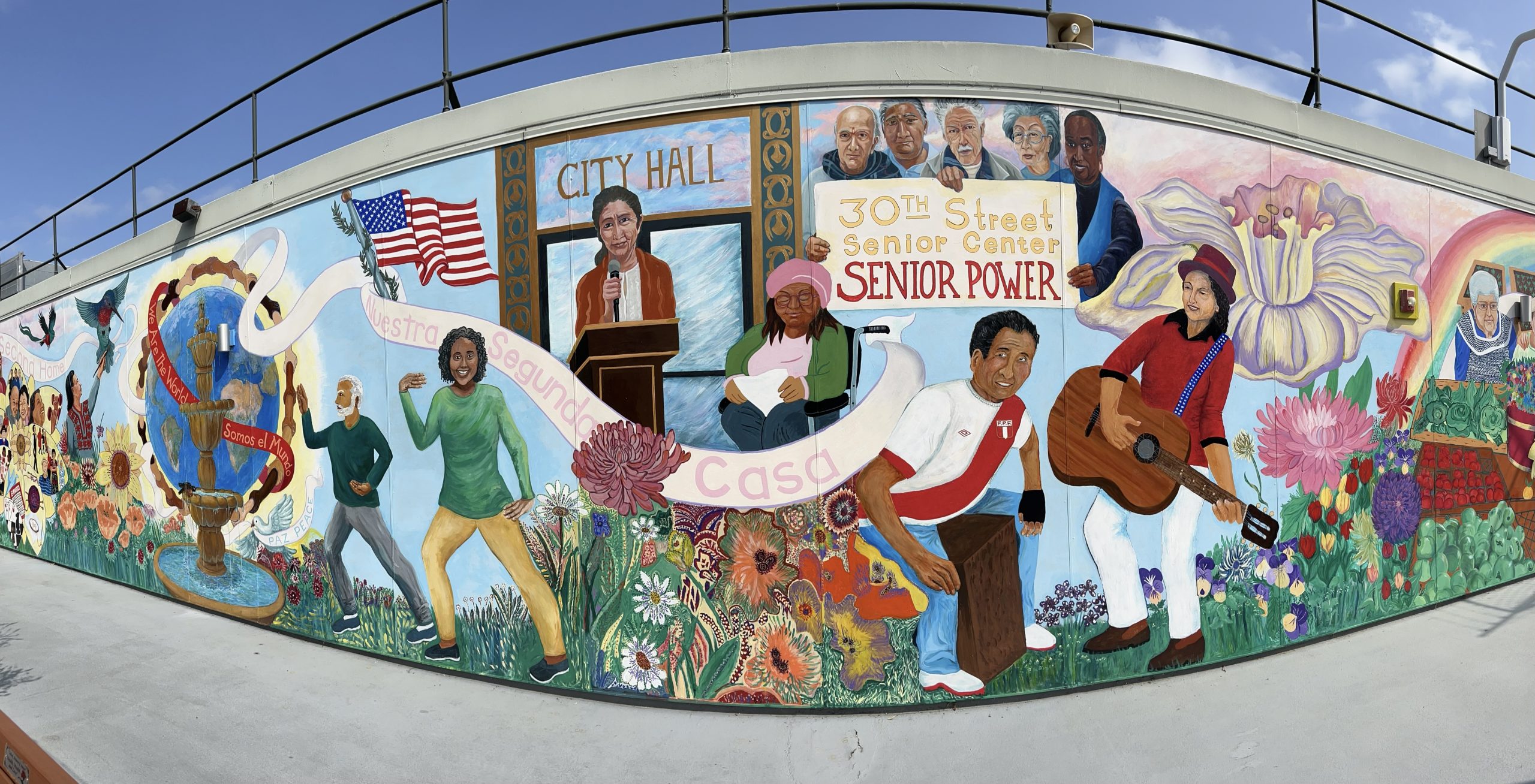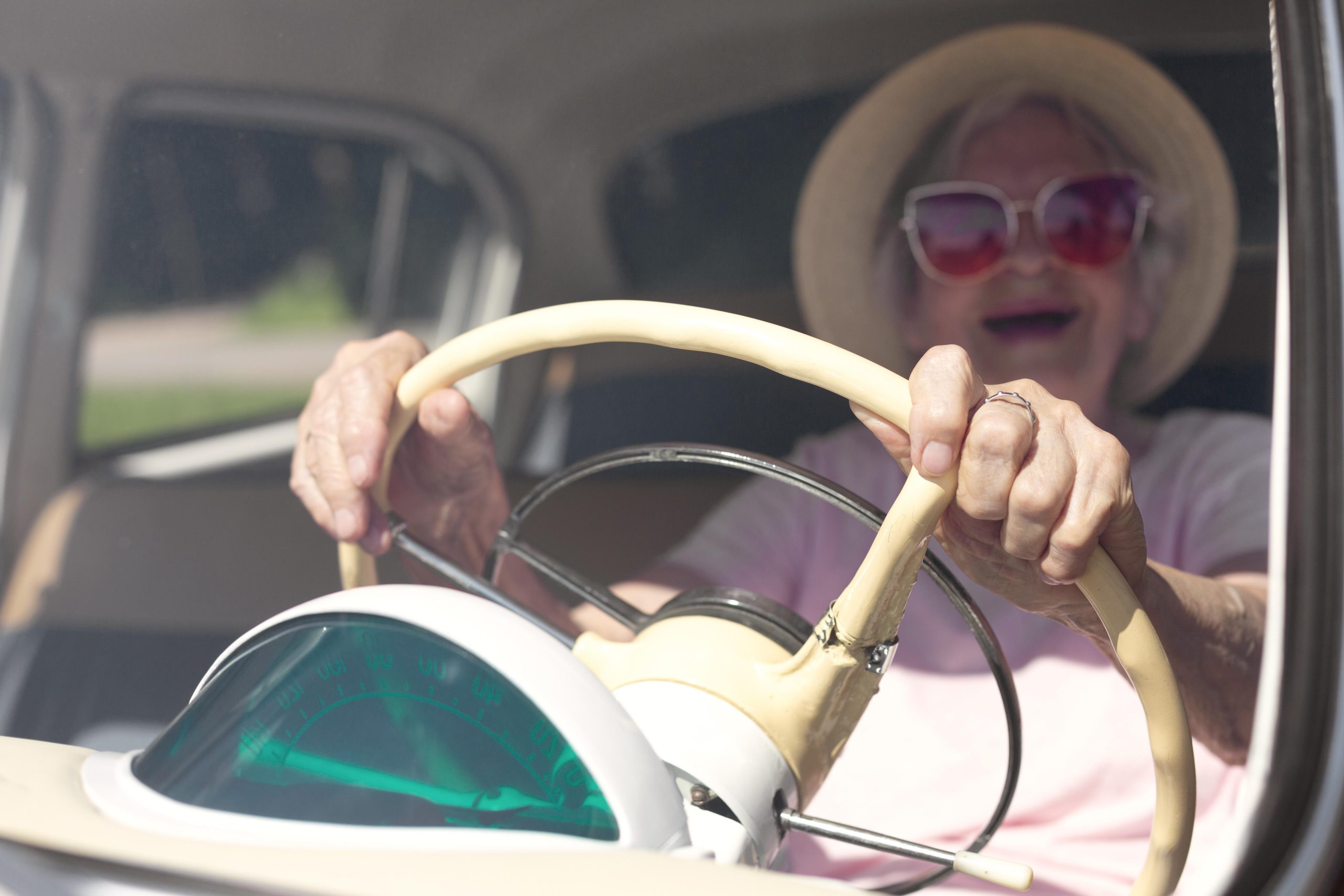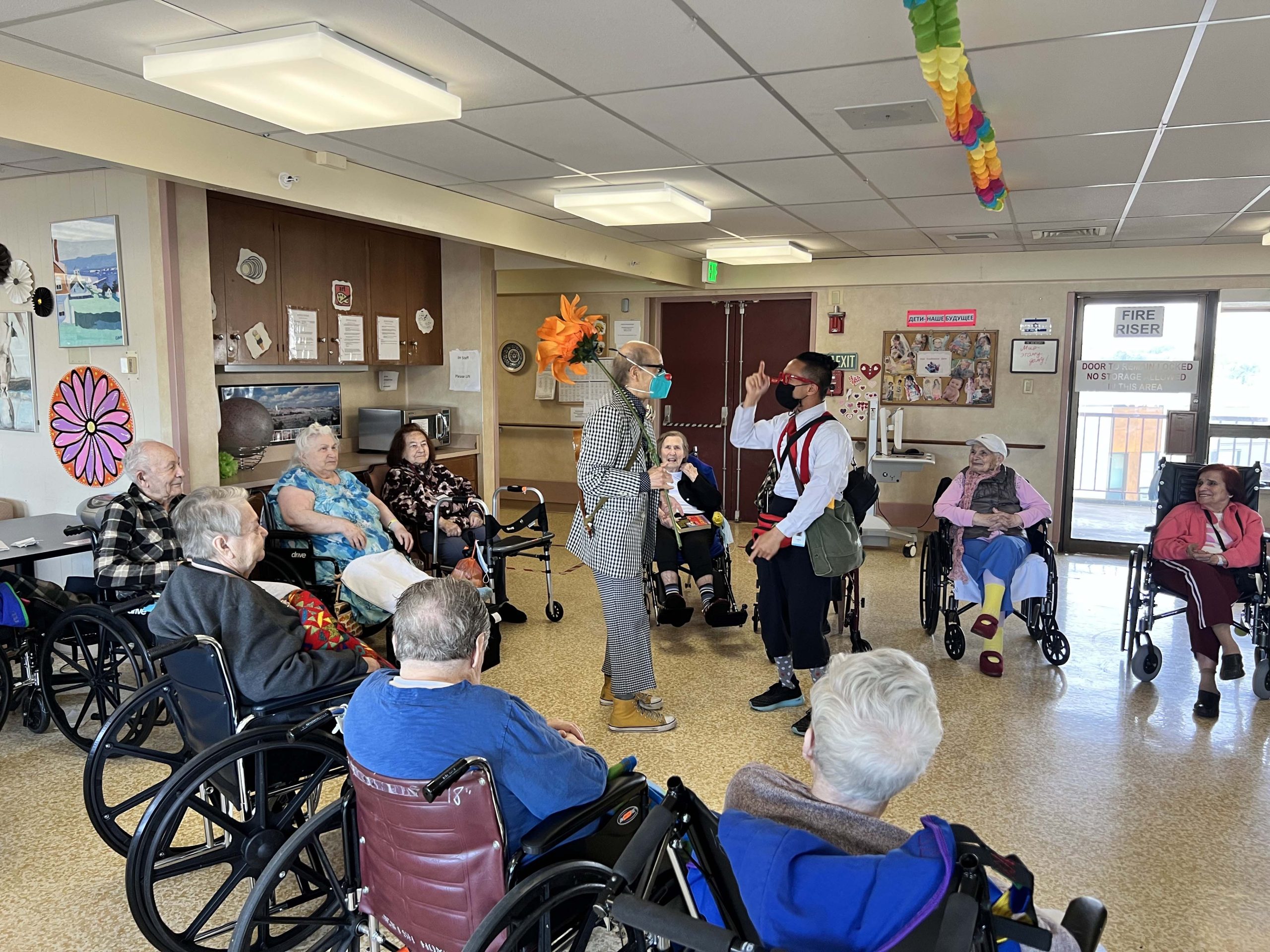‘Shopping for the apocalypse’: grocery worker offers a peek behind the scenes at beloved Rainbow Coop
Sarah Kennedy does it all as a longtime member of the team that runs the Rainbow Coop, one of the city’s oldest worker-owned groceries.
Kennedy, 52, has seen plenty of changes over the years, but nothing compared to the effects of the Covid-19 virus. The one thing she never expected entering the food industry was a sense of danger.

News coverage has made us aware of the disease’s ruthless impact on medical staffers and institutions. But little attention is given to the risks to the “essential” workers in grocery stores.
“At first you feel like you’re being violated,” she said of the early days of the virus and recommended the store take precautions. “Like too many people are pressing into a small space.”
Kennedy is a familiar sight to locals: a long-limbed woman, dark hair tied back in a ponytail, flying through the Mission district on her 10-speed bike to Rainbow, where she has worked for 12 years.
Rainbow is nearly iconic in San Francisco. It opened nearly half a century ago in the Mission District in a tiny storefront on 16th Street with 85 workers. The grocery is now at 13th and Folsom streets, to accomodate its growing business and workforce of 250. New worker/owners are added every year, but many staff have been there 20 to 40 or more years.
Rainbow was one of the first in the Bay Area to show that a cooperative devoted to healthy food and sustainable living could be a successful business model. All products are organic, and it sells only locally grown vegetables.
It has one of the largest selections of bulk items in the city and the latest of whatever product is coveted by the health and safety conscious. It also has a huge section of vitamins and health products – and knowledgeable staff to offer advice – along with household products, books, gifts and toxics- and cruelty-free make-up. They also now sell masks.

Because Rainbow is a cooperative, there are no managers, no bosses. Everyone does all the jobs necessary to run the day-to-day operation: stocking the shelves, disinfecting carts, manning the cash registers, stocking the shelves – and stocking the shelves.
“We’re working so hard to keep whatever we can on the shelves,” she said. “At first, people were apocalypse-shopping. It’s calmed down.”
Keeping up with demand for tissues, paper towels and toilet paper, however, is still a challenge.

“People are still crazy for the TP,” she said. “Distributors are limiting how much we can buy on our daily deliveries, so we either run out quickly or limit the amount that customers can buy.”
Today, staff and shoppers follow recommended health and safety guidelines. At first, that was a struggle, Kennedy said. Gov. Gavin Newsom laid down the law, providing support for those charged with enforcing the rules.
The store earned a reputation early on for its Covid-19 safety practices. Like many groceries, Rainbow has special hours for seniors and allows only so many people in at a time. But here, a staff person – often Kennedy, who created the position in response to the pandemic – regulates customer flow, flagging lined-up shoppers through the entrance one at a time. Immediately upon entering, they encounter a table with gloves and hand sanitizer. A staff member rolls over a sanitized grocery cart.


When shoppers are done, they are directed to a line in one of the aisles, and another worker directs them to one of several check-out lines – helping maintain six-foot distancing throughout the shopping process.
“We jumped on it,” she said, “and we didn’t wait until we were told to. A lot of us grew up in the neighborhood (Kennedy has lived here for 30 years). We are super-conscientious.”
In addition, the shelves of bulk items for which Rainbow is known have been closed. But store workers have put out packages of some of those products: sugar, peanut butter, olives, grains, nuts and other foods.

In the midst of a pandemic that shows no signs of letting up, things are running as smoothly as can be expected at the store. But the extra precautions and changing dynamics can still be overwhelming to staff. Kennedy’s advice to customers: Don’t besiege workers with extensive questions.
“Know your grocer feels vulnerable – give them space. It’s not a social outing,” she said. “And, it’s hard to answer questions from behind a mask.”

Kennedy is a bit defensive on behalf of the mostly minimum-wage staff, whose jobs present significant public exposure. “Shoppers will get in your face with, ‘Do you have this or that kind of thing?’ “
When word first emerged of a plague-like virus, she said, “rich people were sending their personal chefs in to buy sufficient foodstuffs for three months of meals.” Self-isolating is easier for the privileged, she observed.
Not having the luxury of working from home, essential workers face more risks in many ways. The shut-down of many bus and transit lines was also hard on Rainbow staff, Kennedy said. Many workers “live outside of the neighborhood because of financial necessity and without bus or BART service, it’s been hard to make it to shifts on time.”
Some staffers put together a ride-share board so people who live in the same neighborhood could carpool.
Though they’ve established a routine, the ever-present health threat continues to create stress for Kennedy and her colleagues.
Even on the roof of the arts collective where she and her partner of 25 years gather with others (at a safe distance, of course) to sing praises to health care workers, being in a grouping of people doesn’t feel safe. “There’s a lot of shouting at the TV in this house,” she said.
Her antidote is to spend more time gardening in her nearby patch. She’s also planted seeds on the roof of her building. She plays with her cats and helps deliver food to those who need help.
At work, she’s been mostly stocking shelves and monitoring customer entry. It’s kind of fun, she said. “I get to see a sort of fashion show of masks.”





